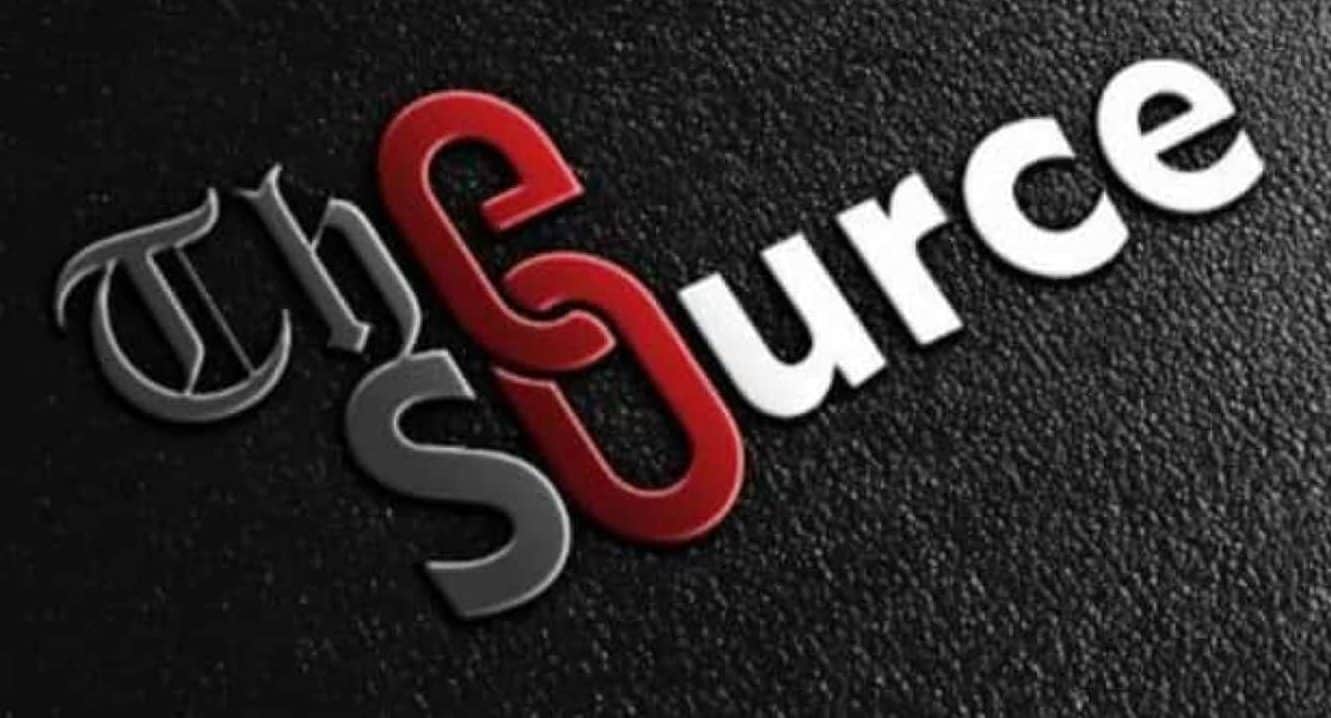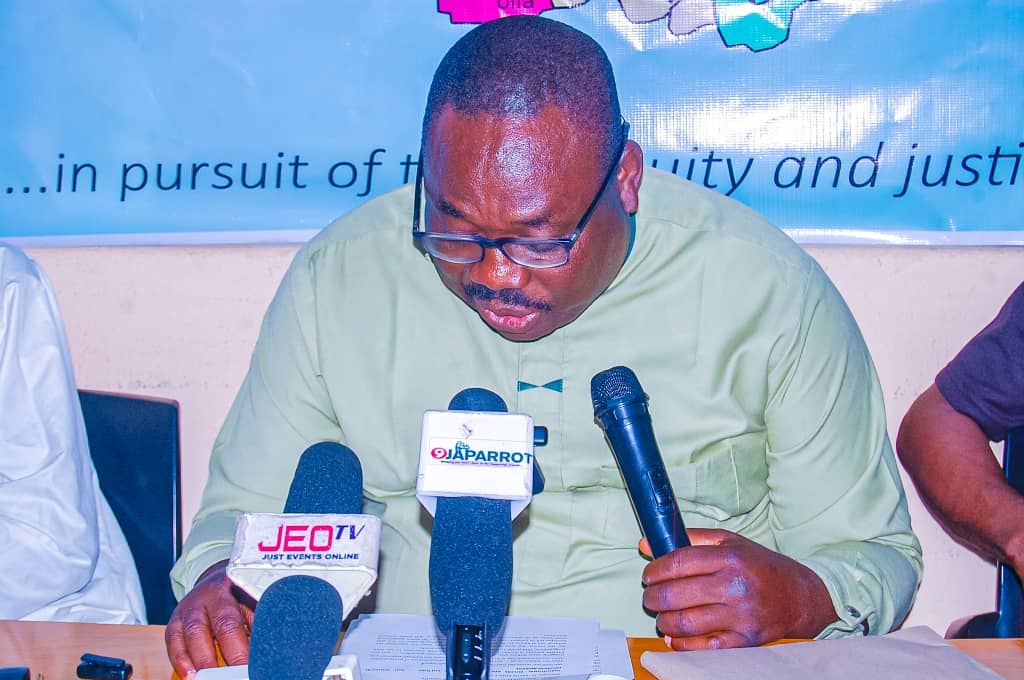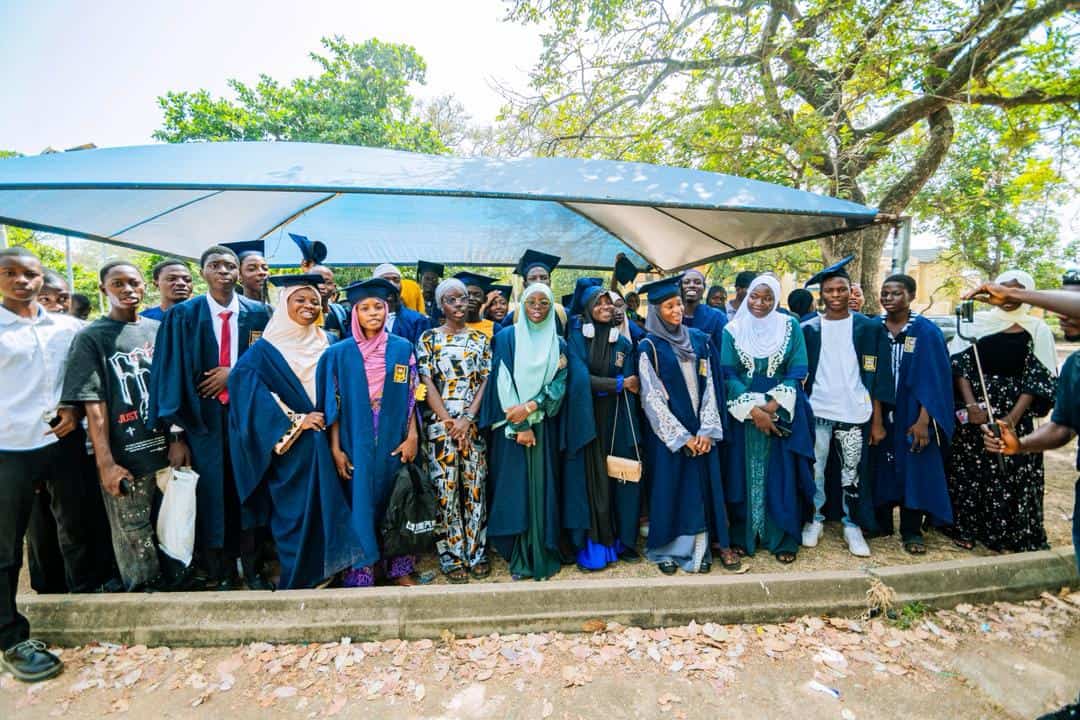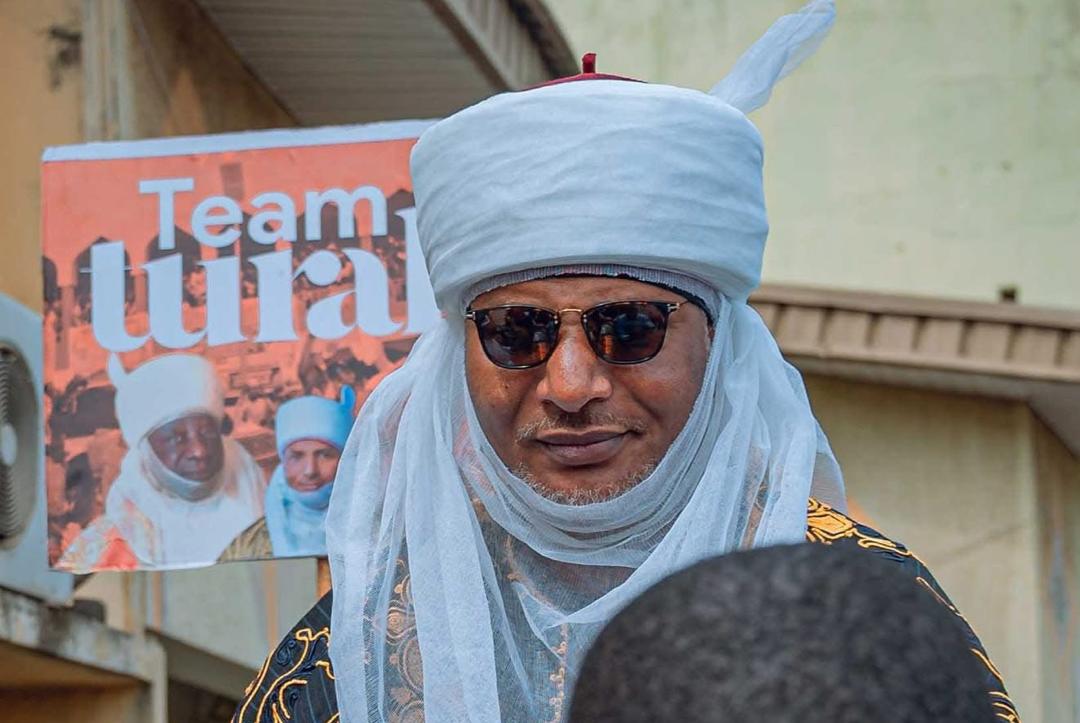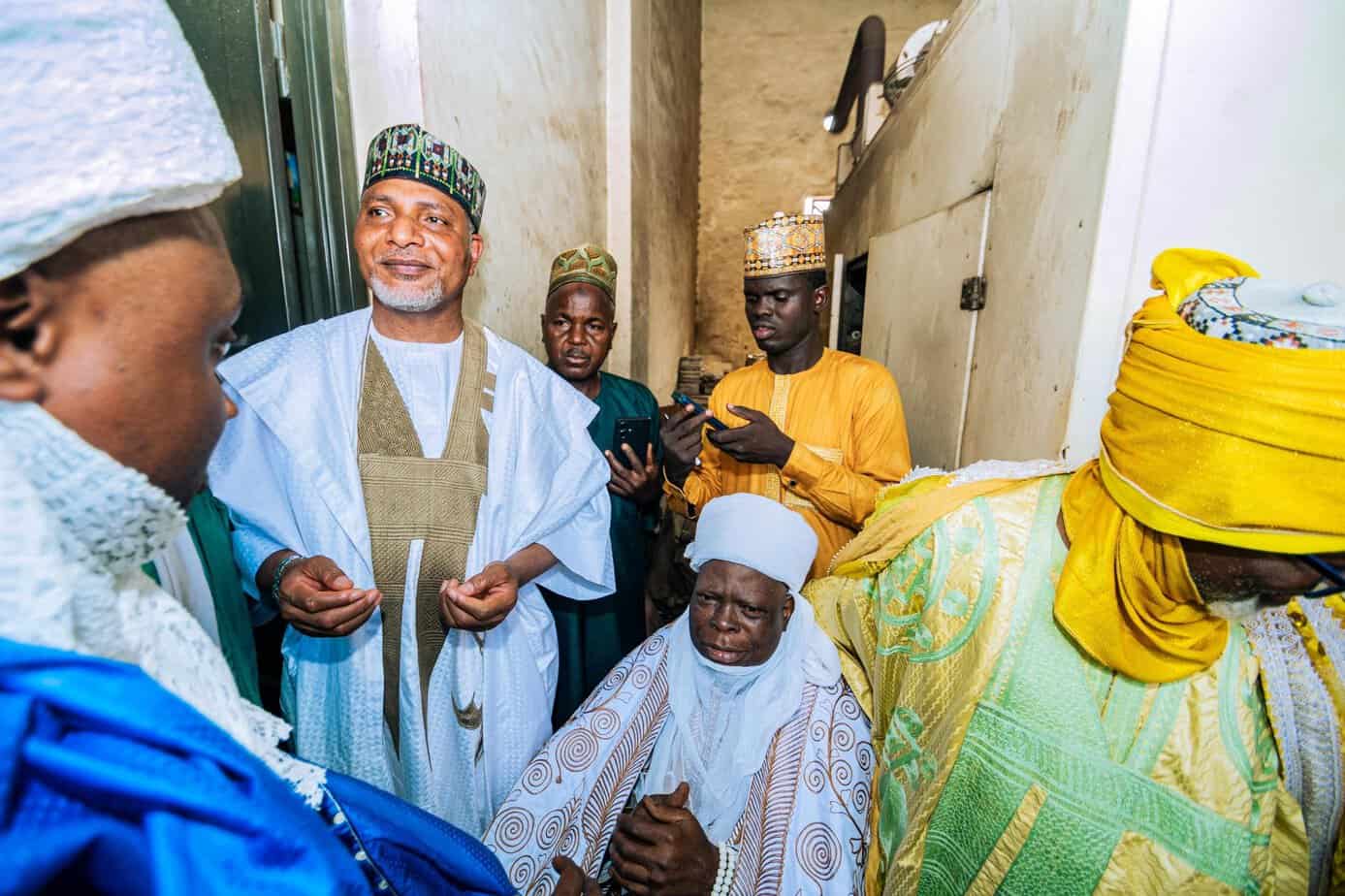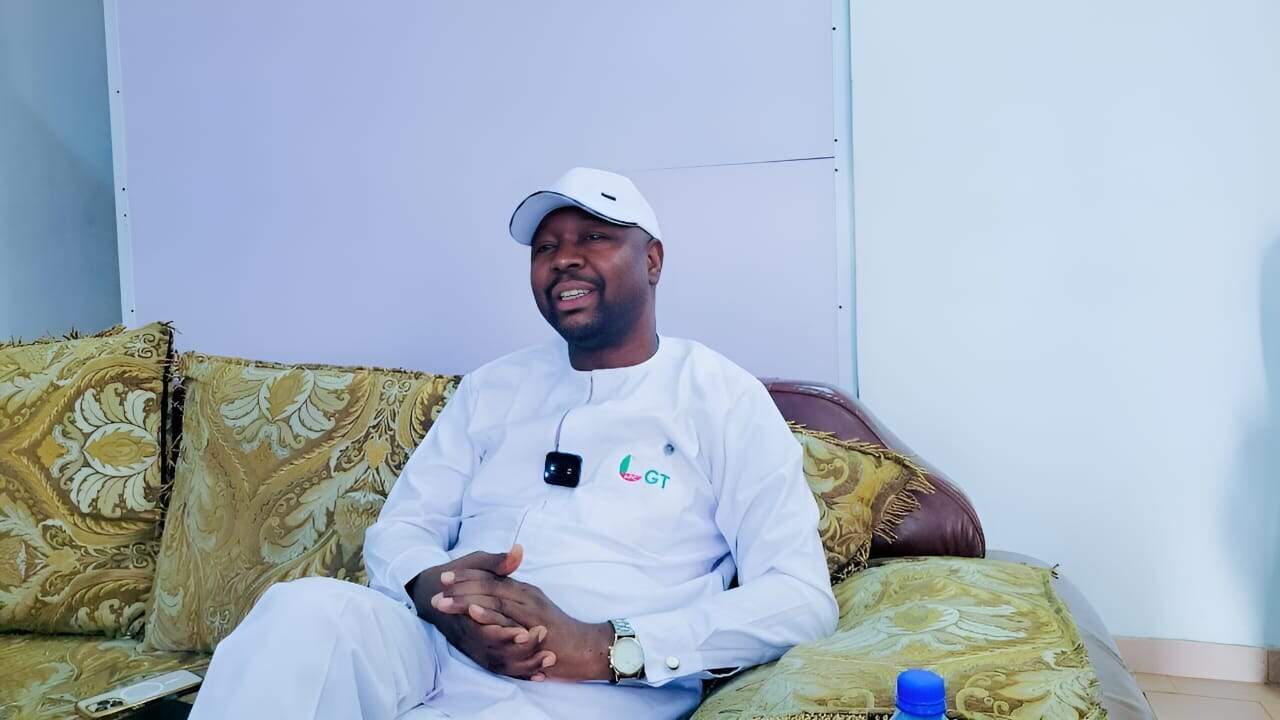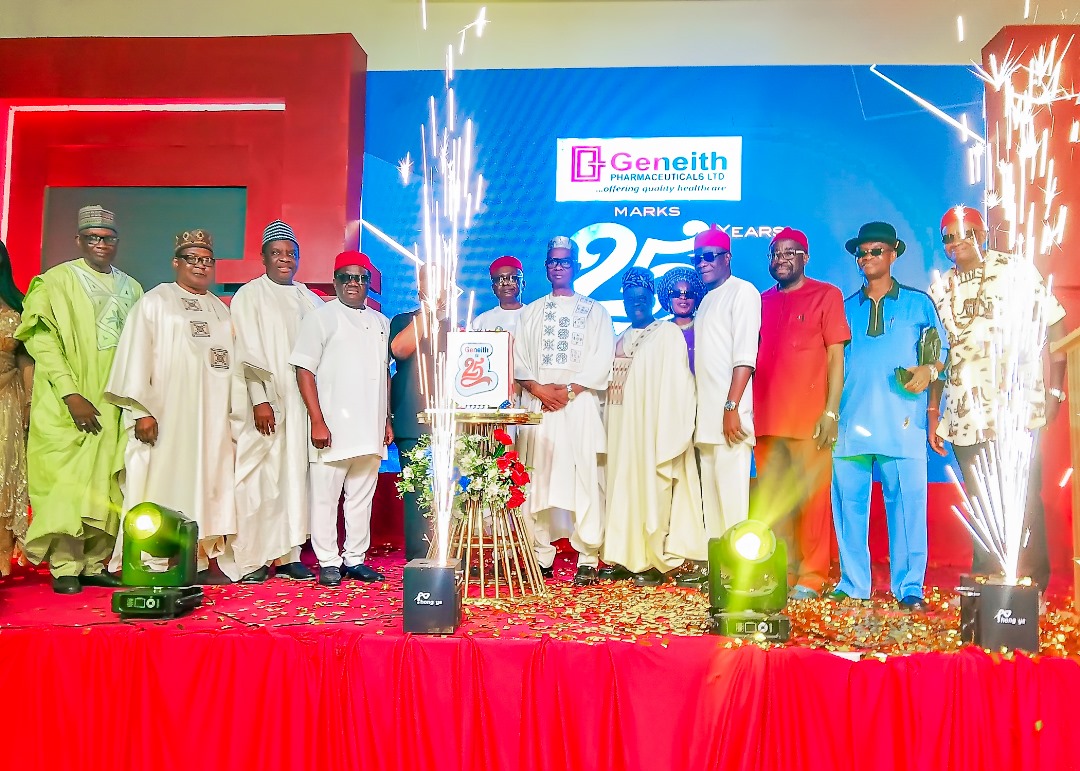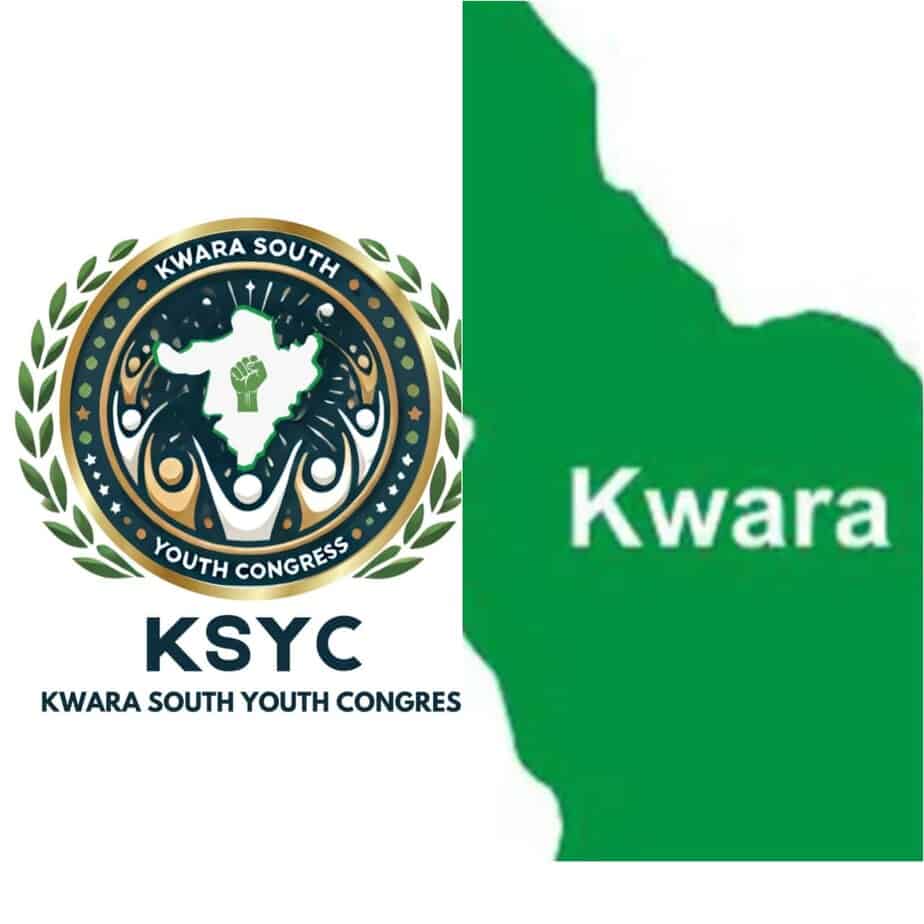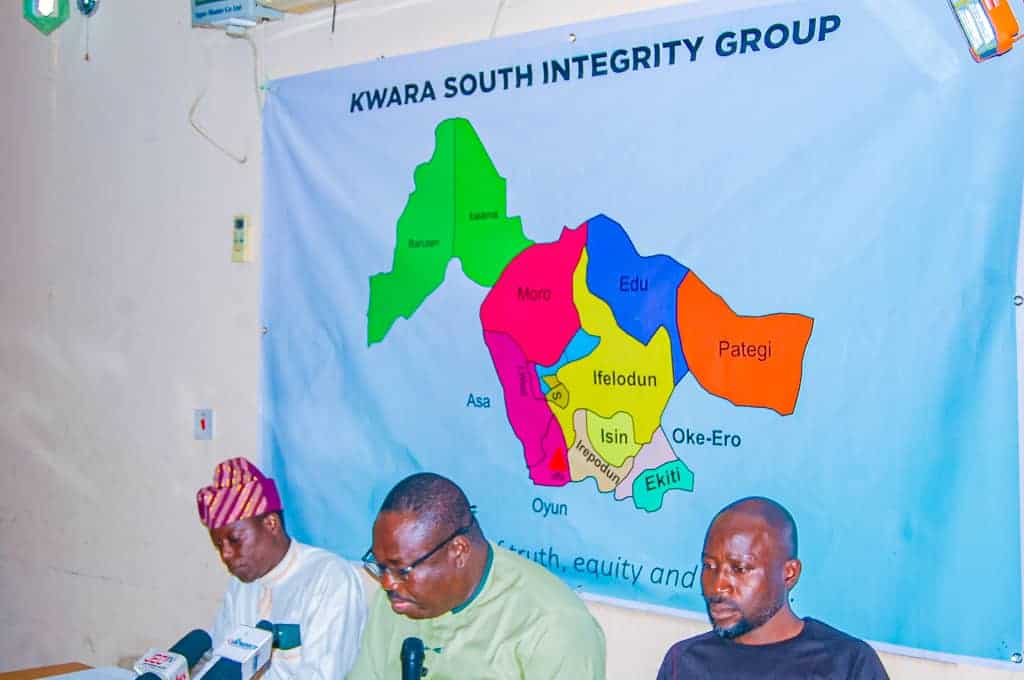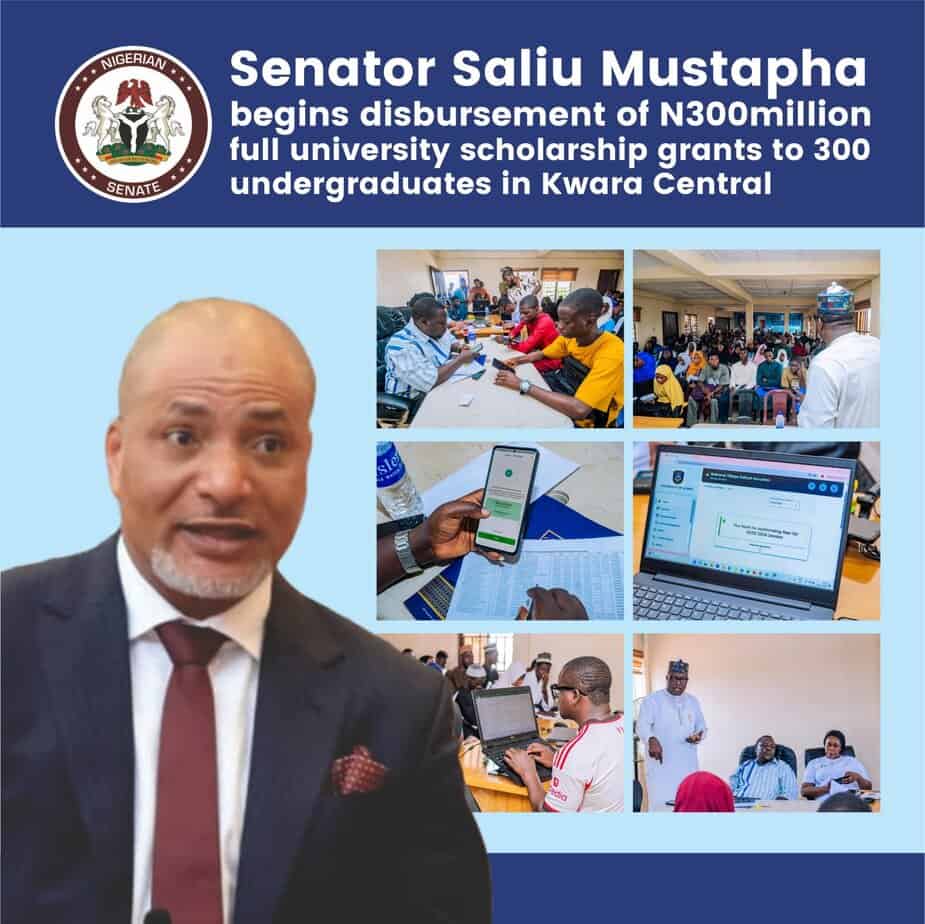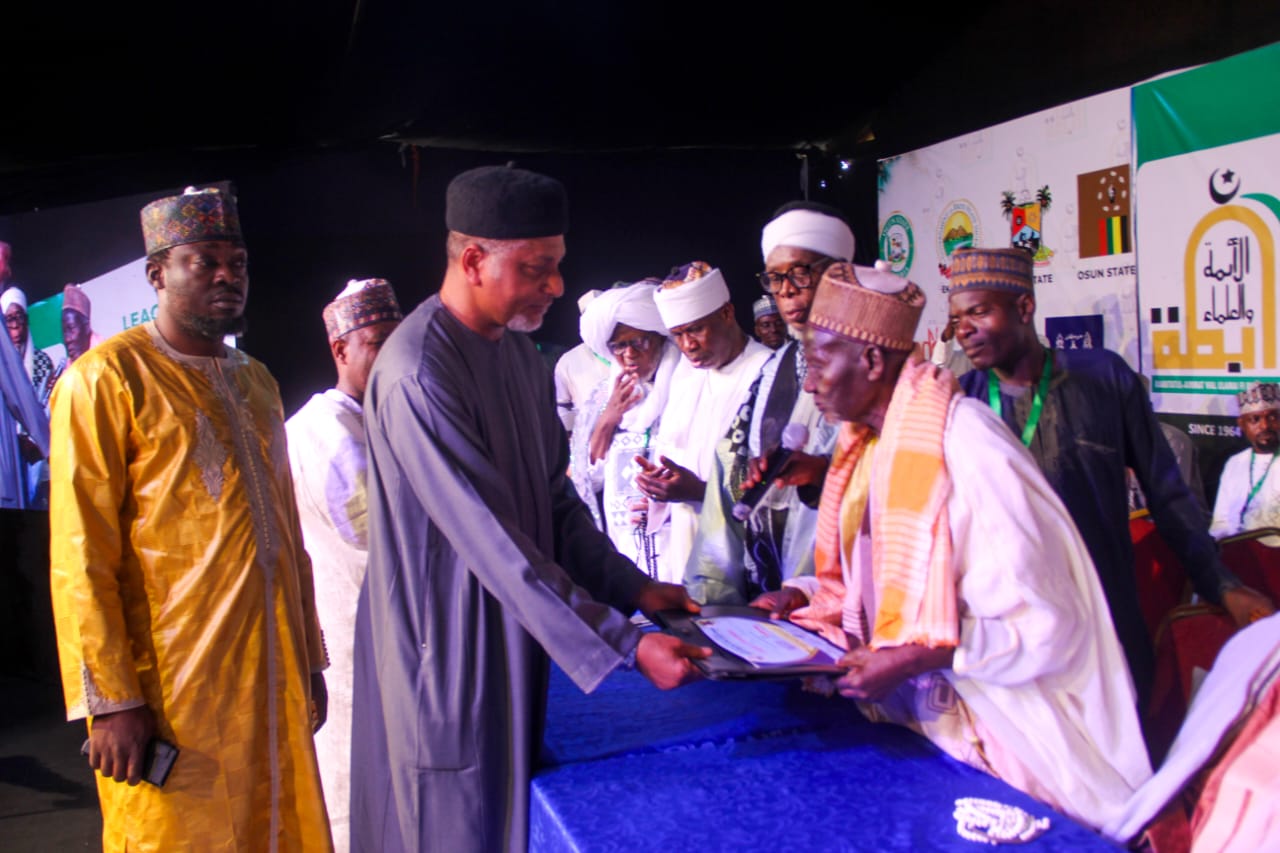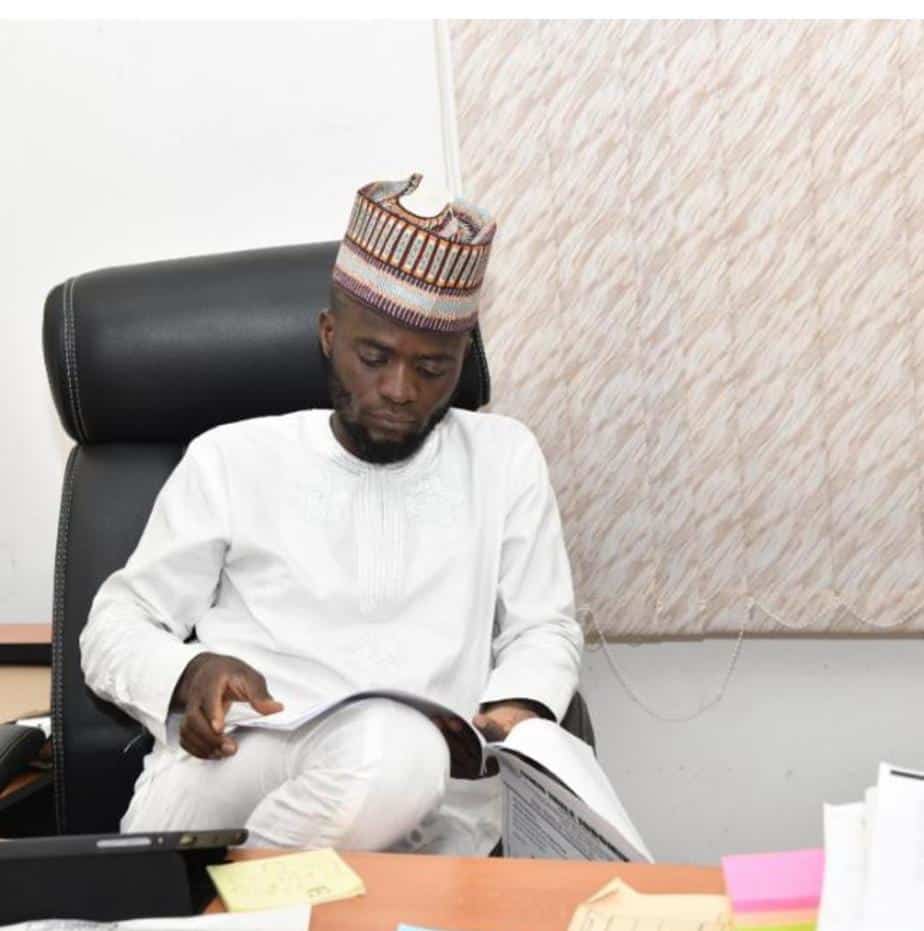Kwara’s debt profile- and one other thing; Rafiu Ajakaye
Long before Kwara consummated its unprecedentedly humane minimum wage package for the workforce, senior citizen Saliu Ajibola Ajia, PhD, authored an article in October 2020 in which he observed that the state wage bill was so huge that little was left for development. It was an article incredibly rich in verifiable data. Even so, its purports was never to say workers did not deserve decent salaries. He merely urged stakeholders to thread softly in the minimum wage negotiations. The rest is history.
With the minimum wage fully implemented for all categories of public workers in Kwara, things have become scarier — but hardly beyond a leader committed to the well-being of his people. In January when the state took N3.6bn from the centre, salary alone gulped 83% of the money. Added to other expenses like subventions to tertiary institutions and running cost to ministries, departments and agencies (MDAs), the state spent 96% of everything it received from Abuja on recurrent alone. The picture turned grimmer in February as allocation fell to N2.8bn. In that month, salaries alone consumed all the allocation, leaving a deficit of 6%. The figure left 24% deficit if you add the subventions and running cost to the mix. March wasn’t exactly better. In February and March, the state had to fall on its savings to pay 100% salary and fulfil the other recurrent expenditures. In other words, everything that came to Kwara from Abuja was not enough to meet recurrent alone.
Allocation has never really been splendid in the last two years. Internally generated revenue? The covid-19 crisis of 2020, which triggered off a succession of financial distress worldwide, has brought down the capacities of governments to generate money internally. A mid-income, largely civil service state, Kwara is not left out.
With recurrent expenditure eating up all its allocation and spendable IGR barely enough to support statecraft, how then does the government fund the yawning social and physical infrastructure deficit north, south and central of the state? In 2016, the former administration estimated the infrastructural deficit of the state at N256bn. In 2021, the state’s sustainable development plan (2021-2030) projects that Kwara requires at least N4.7tr to make the state truly competitive. However it is raised, all countries of the world borrow to invest in the future. There is therefore nothing strange in the government of Kwara State borrowing to fund infrastructural development. What a state should not do is borrowing to fund the expensive lifestyles of the privileged few.
The last few days have seen arguments over the state’s debt profile, triggered through the mischief of Prince Saheed Popoola, who was until early April the Kwara State House of Assembly Committee Chairman on Public Finance. He lied to the public that the administration of Governor AbdulRahman AbdulRazaq has borrowed N93bn in just three years. It was a deliberate attempt to incite the public against the administration. Many have rightly seen through the mischief. So far, the administration has taken two facilities to fast-track development: N27.2bn private bond and N18.6bn loan refinancing facility offered apiece to all the 36 states by the Federal Government. These two come to N45.8bn, not N93bn. It is important to state that while the bond has been reflected in the state’s debt profile with the Debt Management Office, the refinancing facility has not shown since the state government has not fully drawn down the N18.6bn. When it is reflected, no need to allege under-reporting.
Comparatively, per my article ( _On Kwara bond and other issues_ ) of August 19, 2021, that is one of the lowest facilities taken by any state over the last three years as revenue dries up and subnationals struggle to find their feet. The good thing is that fair-minded people in every corner of Kwara State can see what this money is being spent on. Weighed against the (N4.7tr) deficits in infrastructure, it looks like a drop in the ocean.
Opposition politicians, including of the PDP, have jumped on the falsehood of Prince Saheed Popoola to attack the government. But institutional memories show that public debt of Kwara rose by 139% (N15.9bn to N38.1bn) between 2014 and 2016 under the same tendency now in PDP. The irony is that the PDP had mostly borrowed to do what Lee Kwan Yew called ‘living on the begging bowl’ as there was hardly any specific infrastructural projects to which the borrowings of 2015 were tied. That should leave the Kwara public finding the relationship between that sudden rise in debt and the audio tape about some godfather, by their own admission, funding elections in at least 30 states of the federation and their lamentation of not getting rewarded for it. At any rate, the domestic debt profile of Kwara State was N63bn in 2019, while its foreign debt profile hovered around $47m, according to official data from the DMO. If they borrowed to fund questionable recurrent expenditure, leaving carcases of public infrastructure, it is shameless for them to question an administration seeking funds to build Kwara.
*One more thing…*
It appears that the strategies for the opposition PDP to prosecute the 2023 general election in Kwara State are outright falsehood, false equivalence, and distractions from real issues of governance. In doing so, they are requesting Kwarans never to ask them about their past. Each time you ask them to explain, for example, how Kwara got blacklisted from accessing funds for basic education development, their spokespeople would retort: ‘don’t ask us about the past, you have rejected us, and we are not there now’. It is the lousiest disregard for history I have ever seen. The PDP, unlike any other opposition party in Kwara State, has a record of public service over which the people of the state will ask legitimate questions. To think they can avoid taking responsibility for how they left the state in 2019 is akin to living in the fool’s paradise.
• Rafiu Ajakaye is CPS to Kwara State Governor
